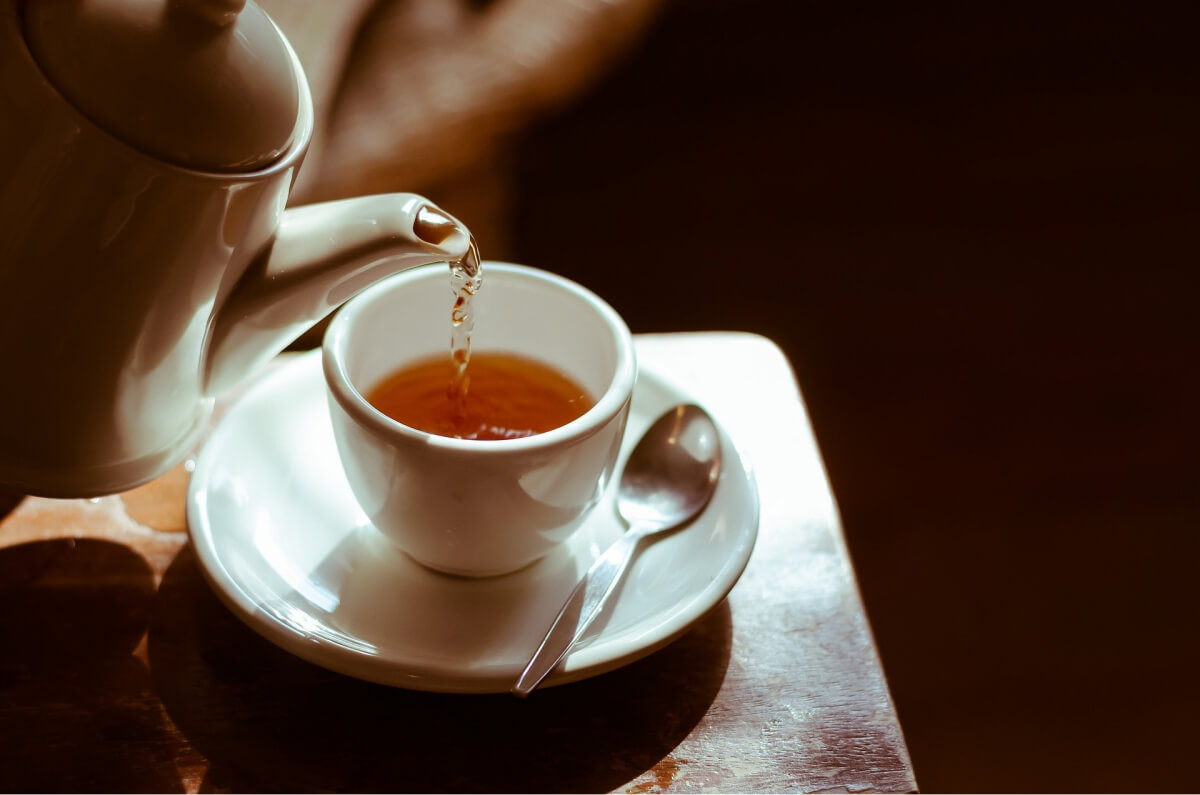
Let's face it, everyone loves a good night’s sleep! But most of us have so many demands on our time—jobs, family, errands—not to mention finding some time to relax. To fit everything in, we often sacrifice sleep. But sleep affects your mental, emotional, and physical health. It’s vital to your well-being!
While you are still trying to achieve the other 6 goals of our challenge, we'll also be focusing on SLEEP this week. Getting enough zzz's is important for so many reasons, so the goal this week is to get at least 7 - 8 hrs. of sleep a night. See its amazing benefits below....
On average, adults need 7 to 8 hours of sleep per night.
Well-rested people operate at a different level than people trying to get by on even 1 or 2 hours less nightly sleep. A good night’s sleep consists of 4 to 5 sleep cycles. Each cycle includes periods of deep sleep and rapid eye movement (REM) sleep when we dream.
Why you need at least 7 to 8 hours.
Your body uses most of the night to heal damage done to your cells and tissues by releasing hormones which, if interrupted, affects your...
- Body weight/Appetite, Brain function, Immune system, Risk of accidents, Sex drive, Cardiovascular Health
It affects your workout effectiveness.
Lack of sleep slows your metabolism and is also linked to muscle atrophy. Basically, if you don't sleep, you don't burn as many calories, and you can't build muscle!
If you want to feel better, live better, be better and have fewer signs of aging, getting your full night of rest will give new meaning to the term Sleeping Beauty!
Achieve a Better Night's Sleep
Sleep in complete darkness, or as close to it as possible.
The slightest bit of light in your bedroom can disrupt your body’s clock and your pineal gland's melatonin production. Even the tiniest glow from your clock radio could be interfering with your sleep, so cover your radio up at night or get rid of it altogether. Move all electrical devices at least three feet away from your bed. You may want to cover your windows with drapes or blackout shades. If this isn’t possible, wear an eye mask.
Avoid using loud alarm clocks.
Being jolted awake each morning can be very stressful. If you are regularly getting enough sleep, you might not even need an alarm.
Maintain a regular sleep schedule.
You should go to bed and wake up at the same times each day, even on the weekends. This will help your body to get into a sleep rhythm and make it easier to fall asleep and get up in the morning.
Establish a bedtime routine.
This could include meditation, deep breathing, using aromatherapy or essential oils, or indulging in a massage from your partner. The key is to find something that makes you feel relaxed, then repeat it each night to help you release the tensions of the day.
Avoid alcohol and stimulants such as caffeine/dark chocolate late in the day.
NATURAL Sleep Aids!
Magnesium and Calcium
Magnesium and calcium are both sleep boosters, and when taken together they become even more effective. Plus, by taking magnesium you cancel out any potential heart problems that might arise from taking calcium alone. Take 200 milligrams of magnesium (you can lower the dose if it causes diarrhea) and 600 milligrams of calcium each night.
Hot Teas
Sip on a cup of hot chamomile tea or choose from Yogi or Traditional Medicinals many nighttime teas.
Aromatherapy
Lavender is the trick here, as studies have proven that it aids in sleep. It's also an inexpensive, nontoxic way to slip into a peaceful slumber. Find a spray with real lavender and spritz it on your pillow before bedtime. Doterra: https://www.doterra.com/US/en/p/lavender-oil
Melatonin
Melatonin is the hormone that controls sleep, so it's no wonder that it naturally induces sleep. Studies show that lower doses are more effective -- plus, there's concern that too-high doses could cause toxicity as well as raise the risk of depression or infertility.
Yoga and Meditation
Choose gentle yoga or stretching, not vigorous power or ashtanga yoga, which could energize you instead. Try easy yoga stretches in bed followed by simple meditation. Close your eyes and, for 5 to 10 minutes, pay attention to nothing but your breathing.
L-theanine
This amino acid comes from green tea, and not only helps maintain a calm alertness during the day but also a deeper sleep at night; however, green tea doesn't contain enough L-theanine to significantly boost your REM cycles and might make you wake up to go to the bathroom. Instead, buy pure, active L-theanine (some brands have inactive forms of theanine that block the effectiveness) and take 50 to 200 milligrams at bedtime.
Valerian
Valerian is one of the most common sleep remedies for insomnia. Numerous studies have found that valerian improves deep sleep, speed of falling asleep, and overall quality of sleep. However, it's most effective when used over a longer period of time. Keep in mind that about 10 percent of the people who use it actually feel energized, which may keep them awake. If that happens to you, take valerian during the day. Otherwise, take 200 to 800 milligrams before bed.
Ashwagandha
Ashwagandha helps calm the brain by reducing stress and cortisol levels. This in turn can help you relax and sleep! It helps me!

